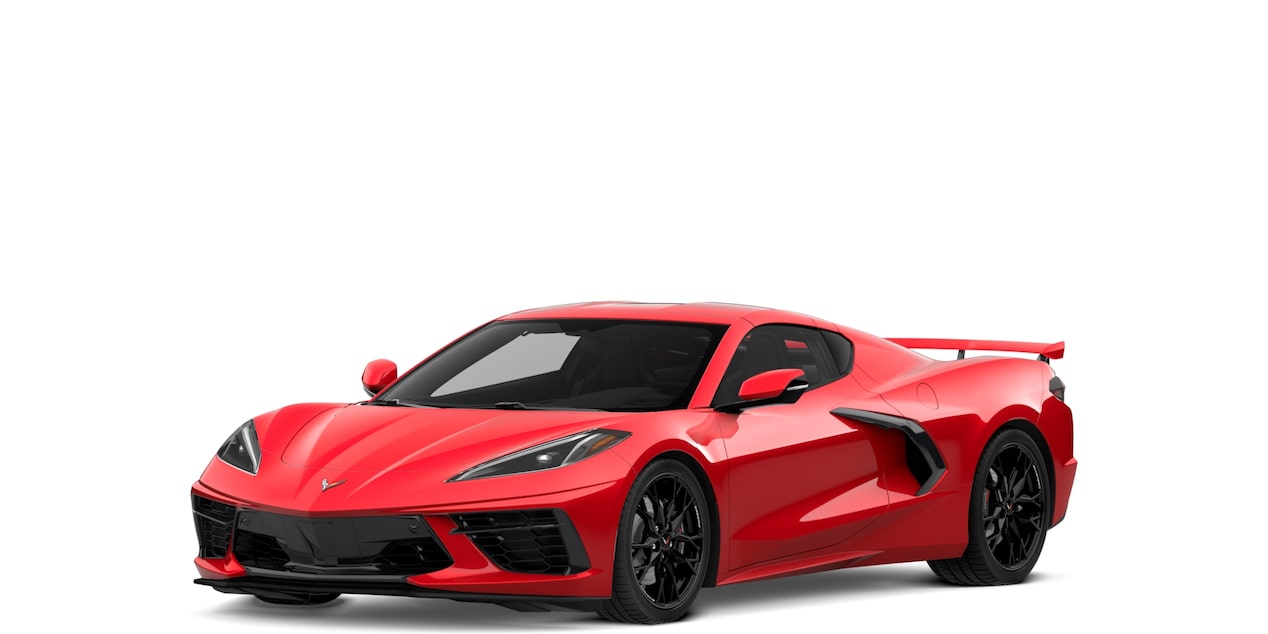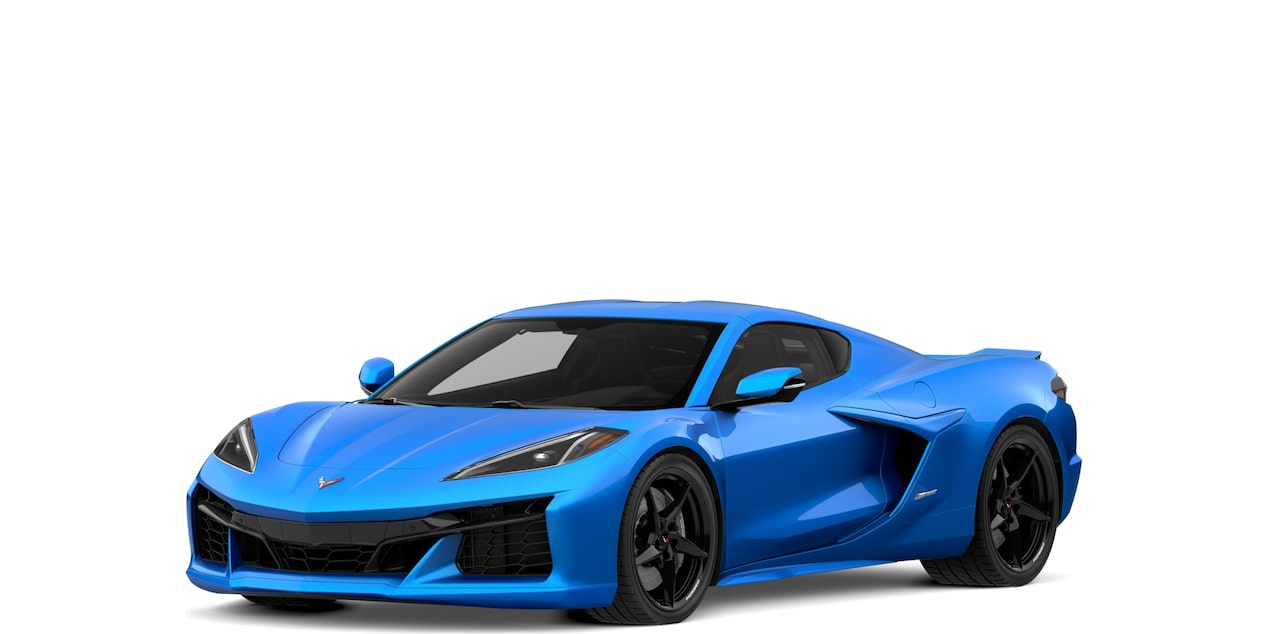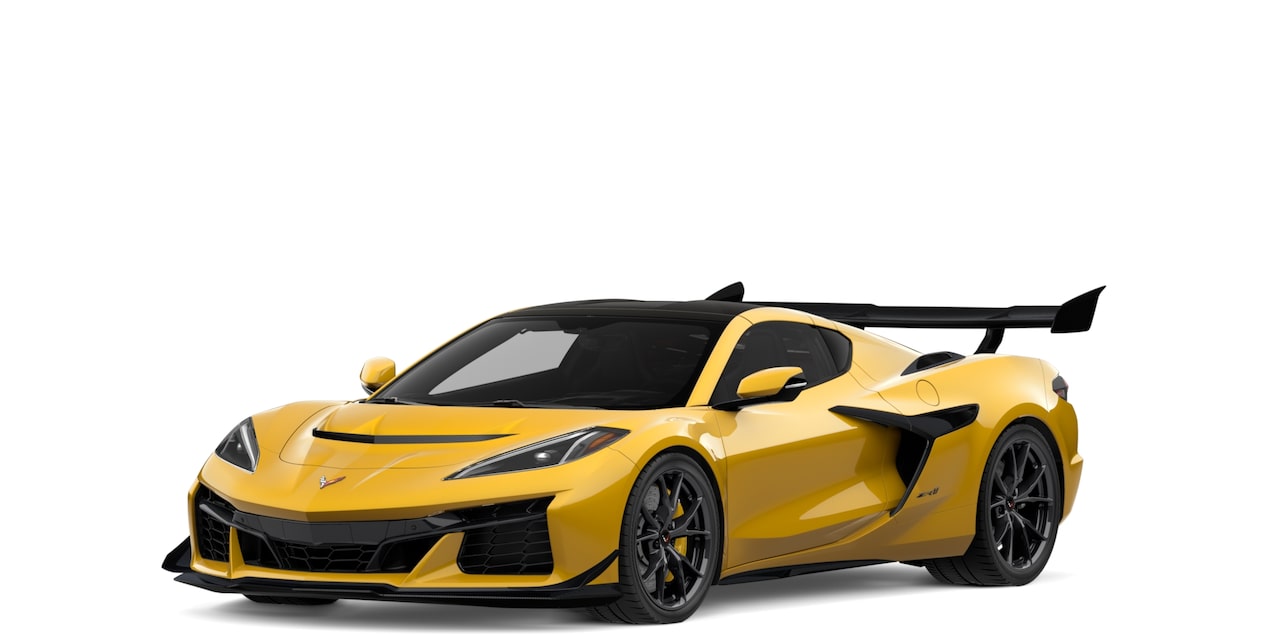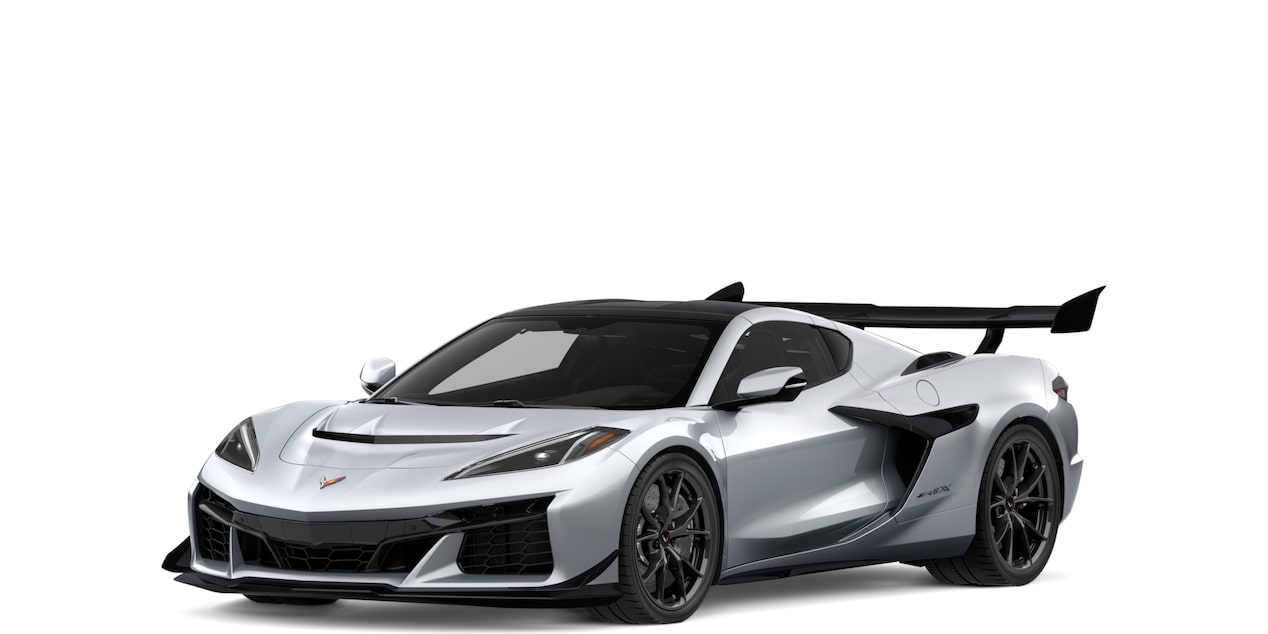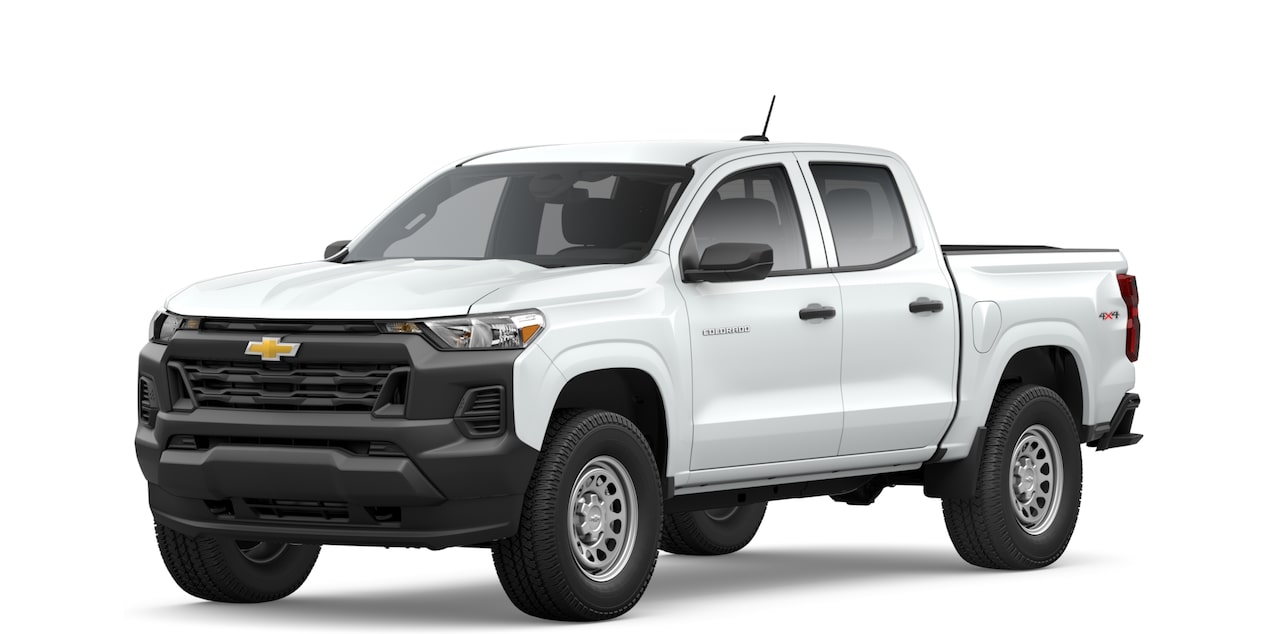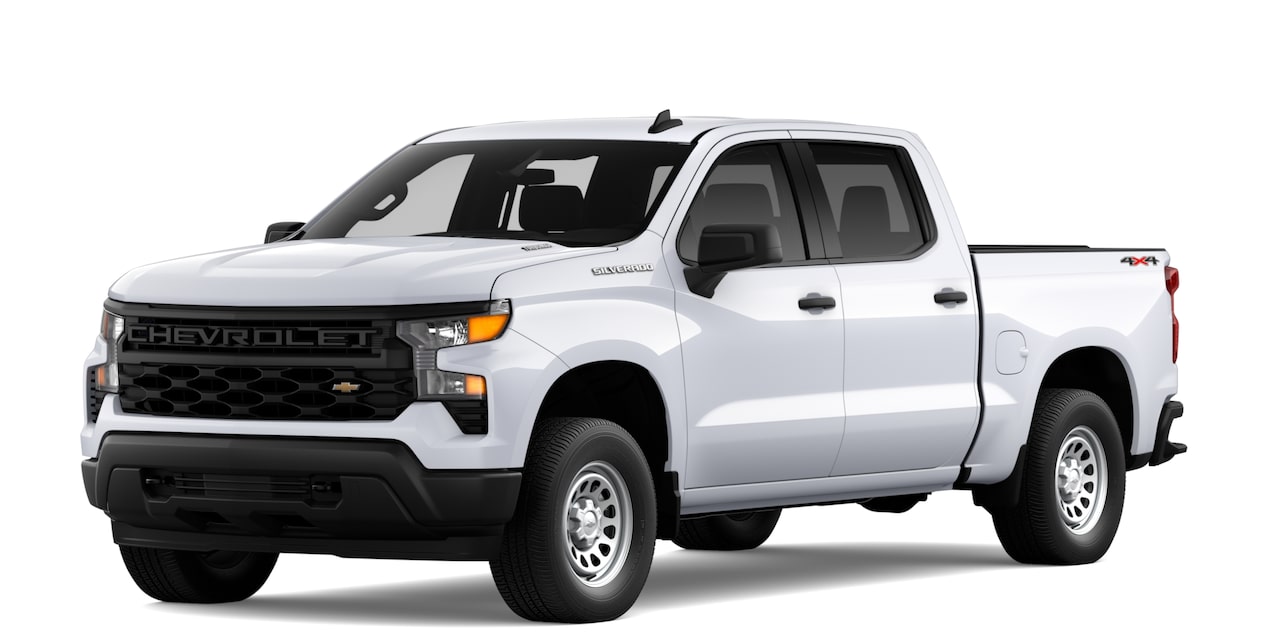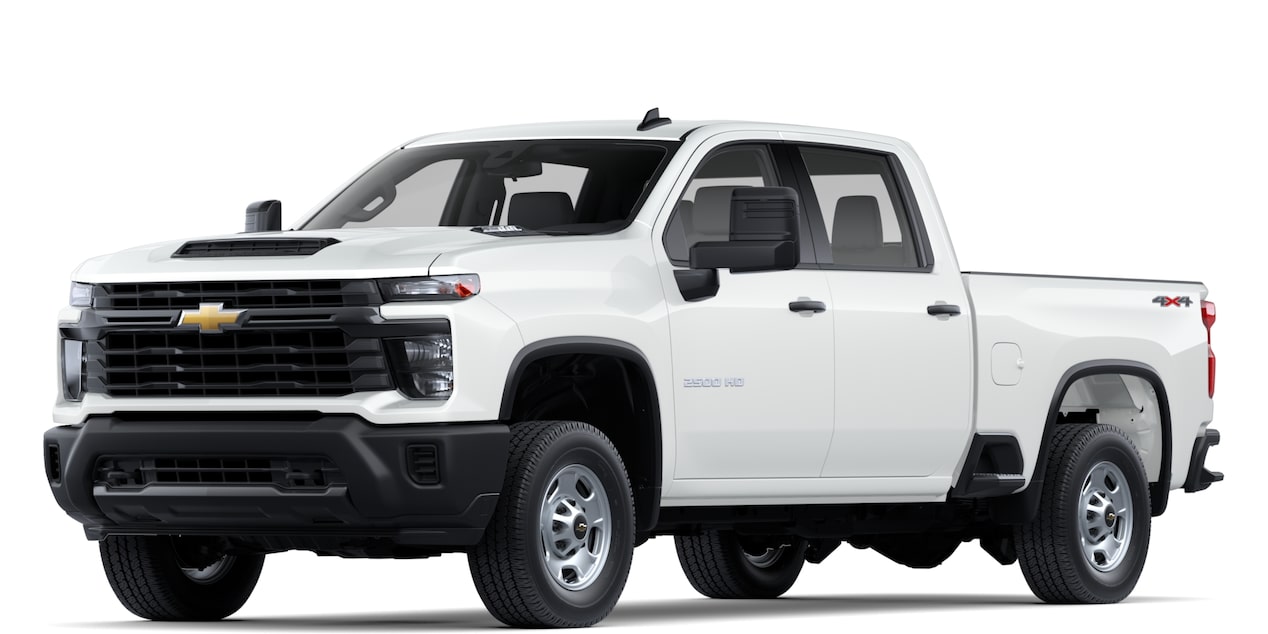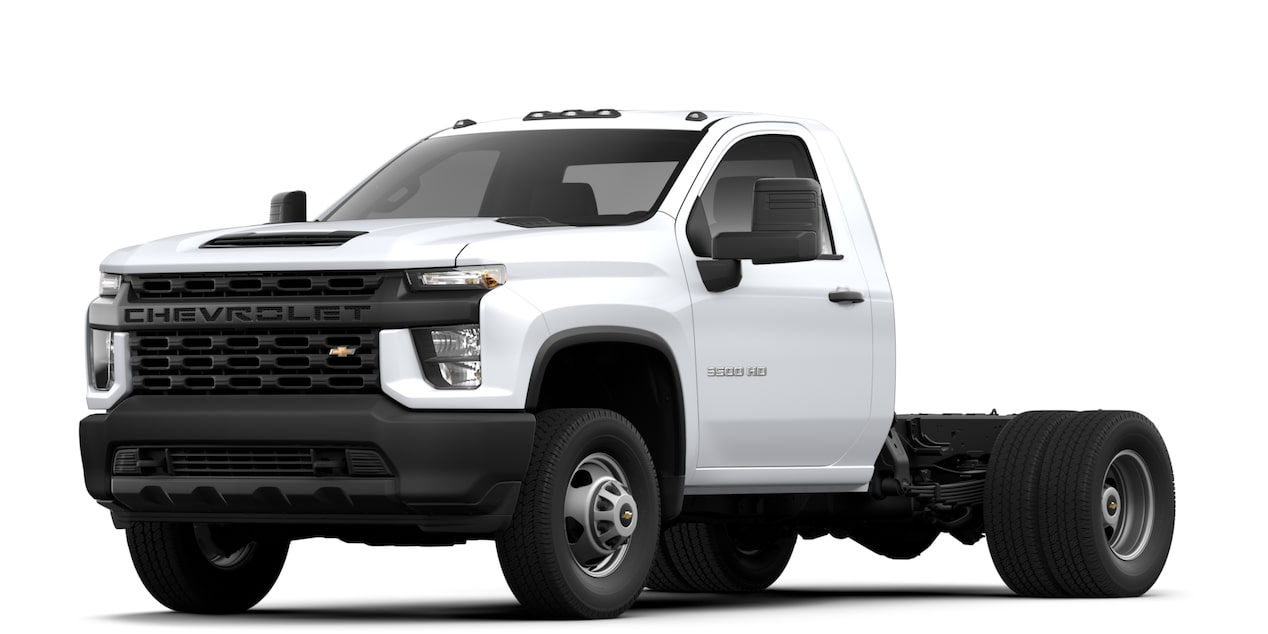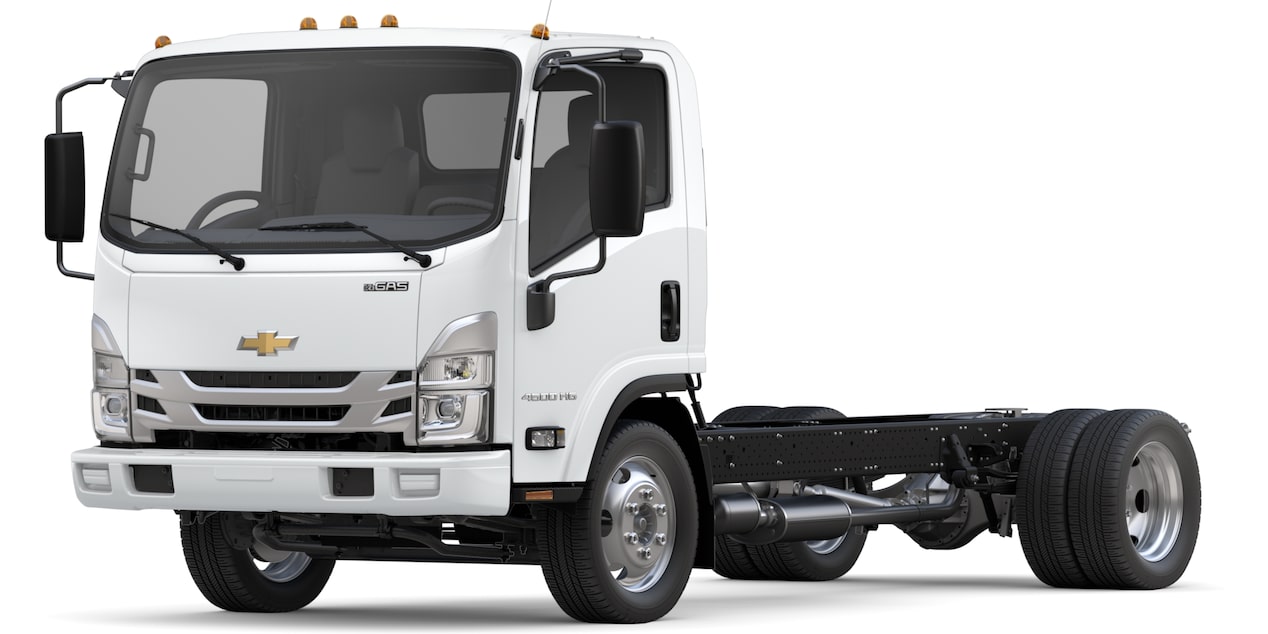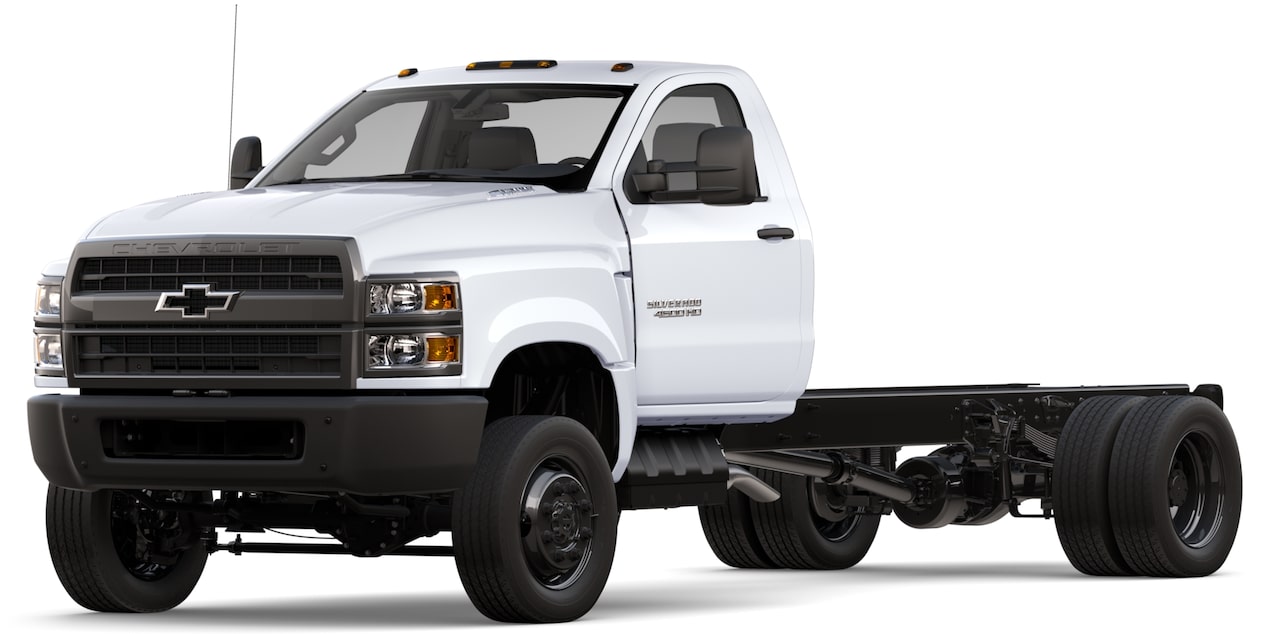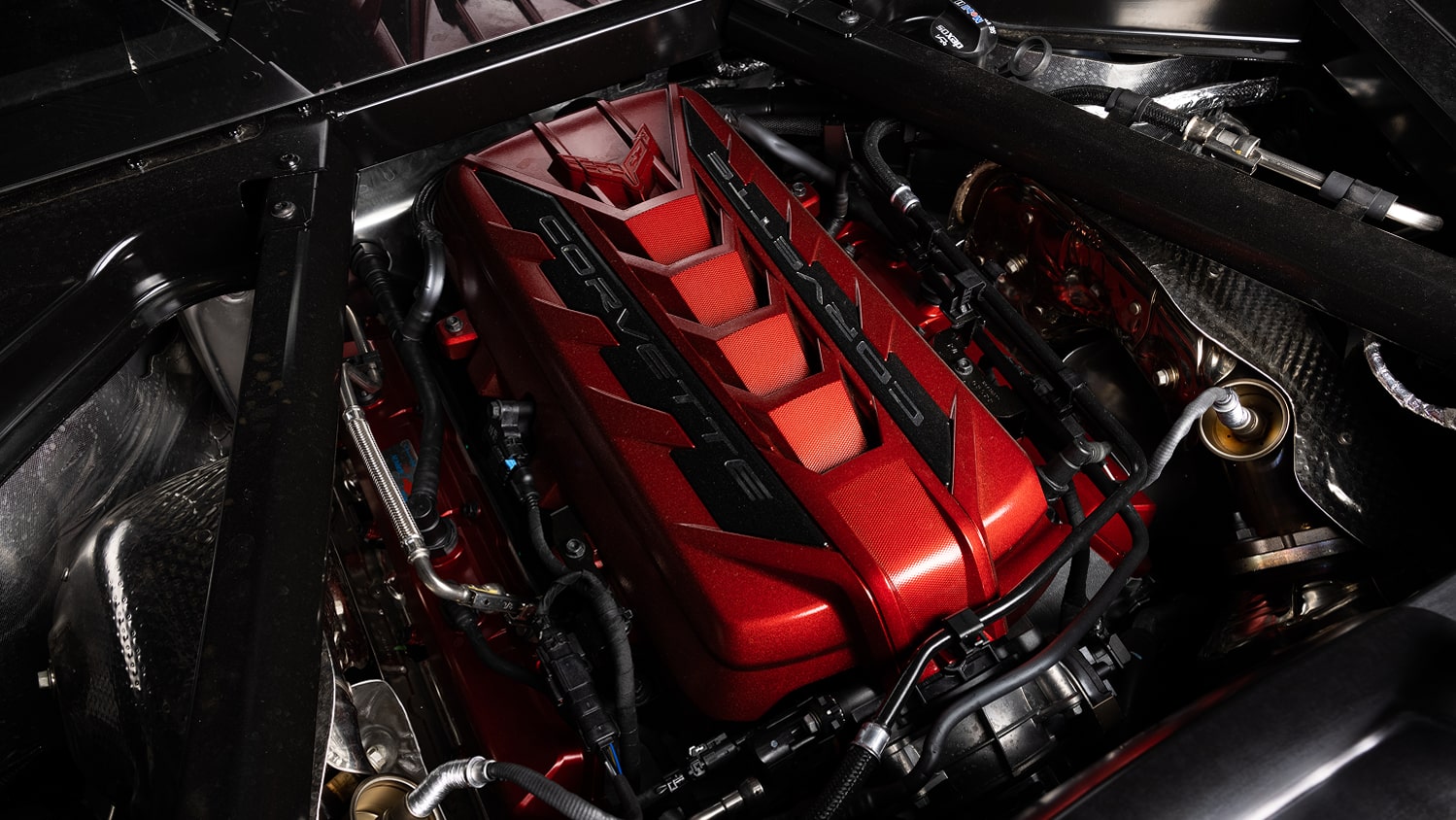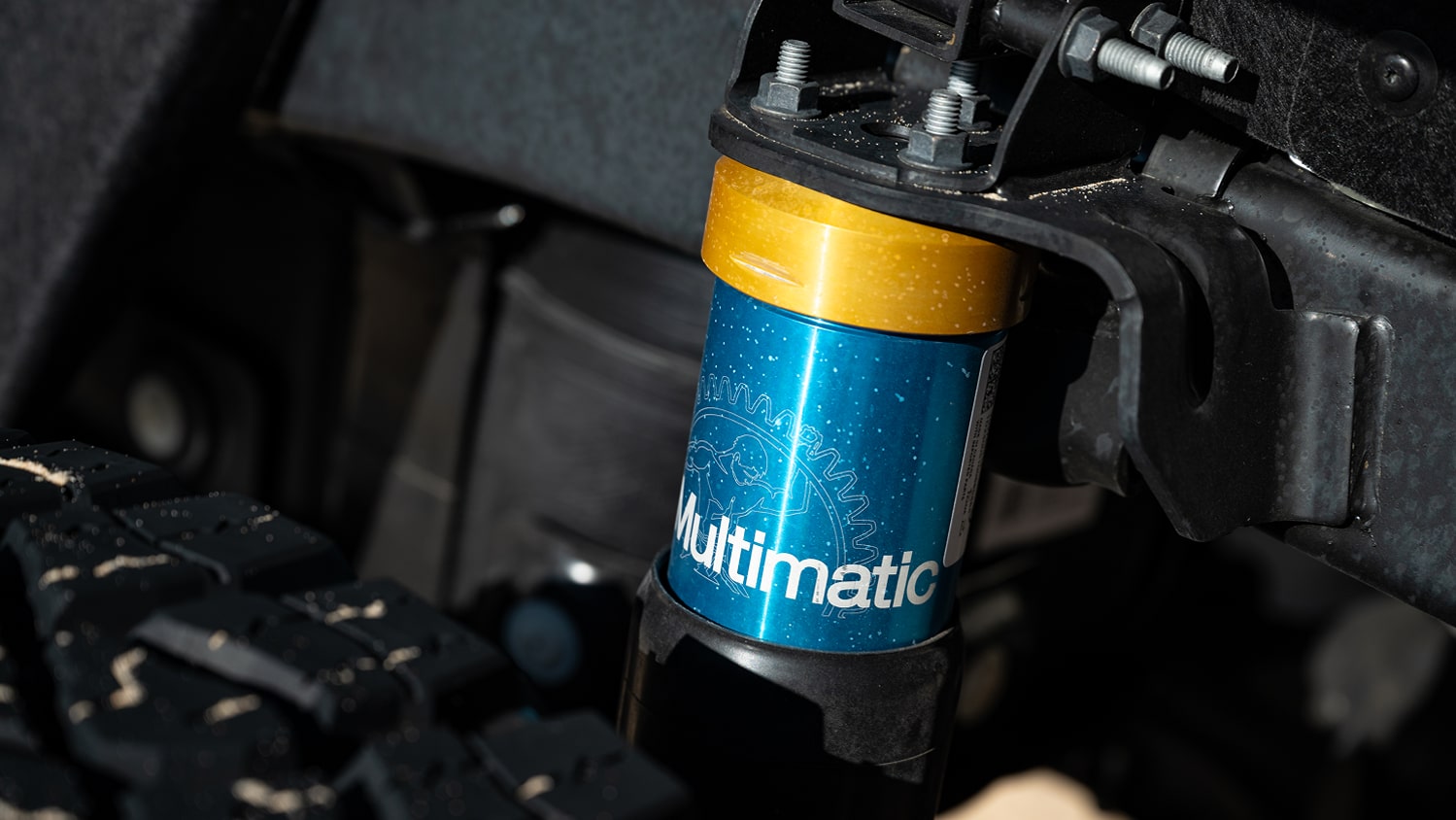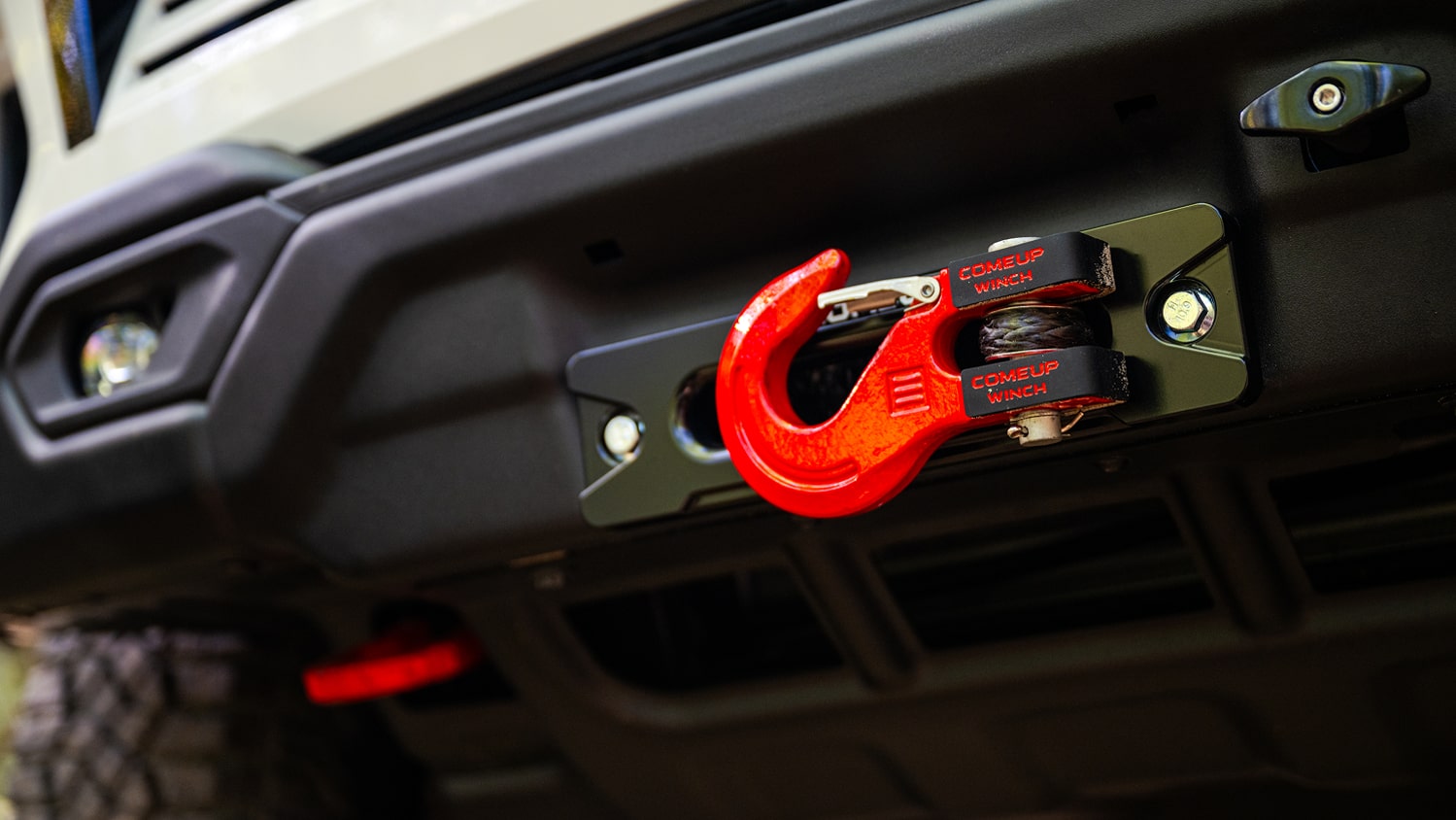A passion to perform
Chevrolet’s heritage of game-changing performance and capability is the lifeblood that courses through every vehicle we make — from iconic American sports cars to our latest SUVs, off-road trucks and EVs. So whether it’s an adrenalized daily driver or an awe-inspiring track-ready racer you’re looking for, Chevy’s got you.
Explore this page:
Track
If speed, horsepower, agility and style stir your soul, these powerful Corvette supercars are right up your alley. Get into a coupe or convertible, and get ready to push the limits of precision performance — both on and off the track.

Upgraded performance packages
Available on all models
National Corvette Museum Delivery
Available Corvette exclusive
Ron Fellows Performance Driving School
Available Corvette exclusive
Explore our track-capable performance vehicles
Street
These everyday drivers offer enhanced capability including powerful engines, responsive handling and thrilling acceleration. If you’re looking for souped-up specs and captivating style as your go-to, check out these show-stopping street performance vehicles.

Wide Open Watts (WOW)
Electric performance booster on Silverado EV RST and Blazer EV SS
Tahoe RST Performance Edition
Pursuit-rated power and performance
Dialed-in design
Style to match breathtaking capability
Check out our street performance vehicles
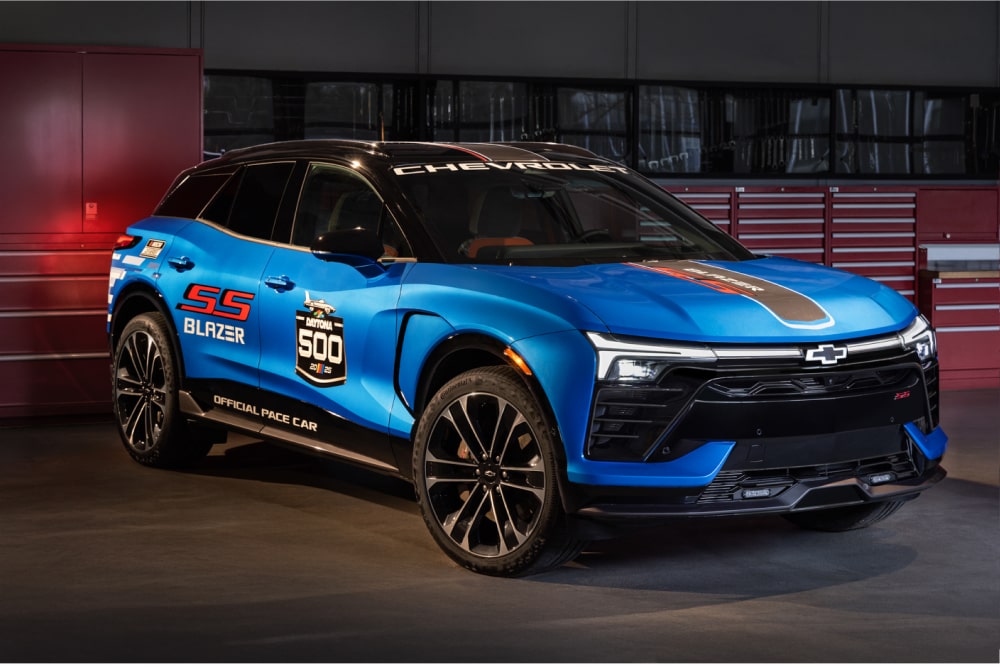
Follow the leader at Daytona 500
The Blazer EV SS with Wide Open Watts™ (WOW) is the quickest SS model Chevy has ever produced. That’s why it’s no surprise it was chosen as the official pace car of the 2025 Daytona 500.
Off-Road
For adventure-seeking performance enthusiasts, we offer an array of off-road-ready trucks and SUVs. Featuring rugged capability, advanced in-vehicle technology, powerful engine options and purpose-driven design features, our off-road vehicles let you ditch the map and conquer new territory.

Factory-installed lift
Standard on ZR2
Multimatic DSSV dampers
Standard on ZR2
ZR2 Bison Edition
Available
Discover our off-road performance vehicles
Performance upgrades
Make your performance vehicle one of a kind with factory upgrades designed for many makes and models.
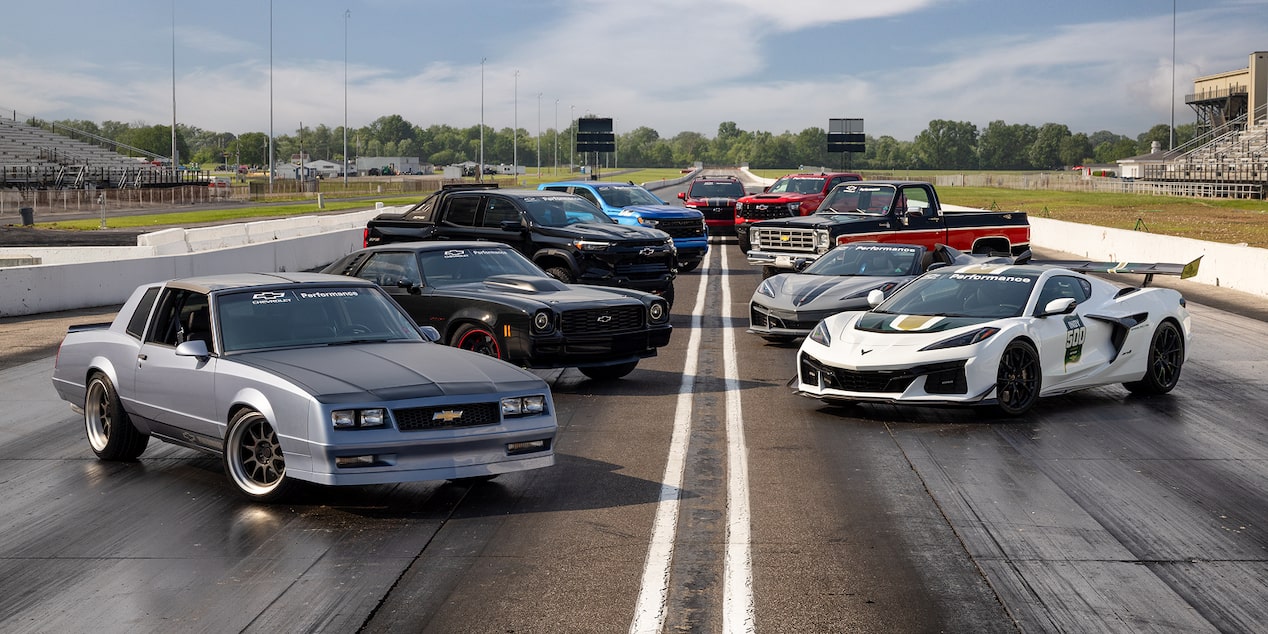
Performance vehicles
Take our already track-ready cars to a whole new level
Chevy trucks
Make our legendary trucks even more legendary
SUVs
An upgrade in looks and utility is yours to choose
Shop our most popular vehicle upgrades
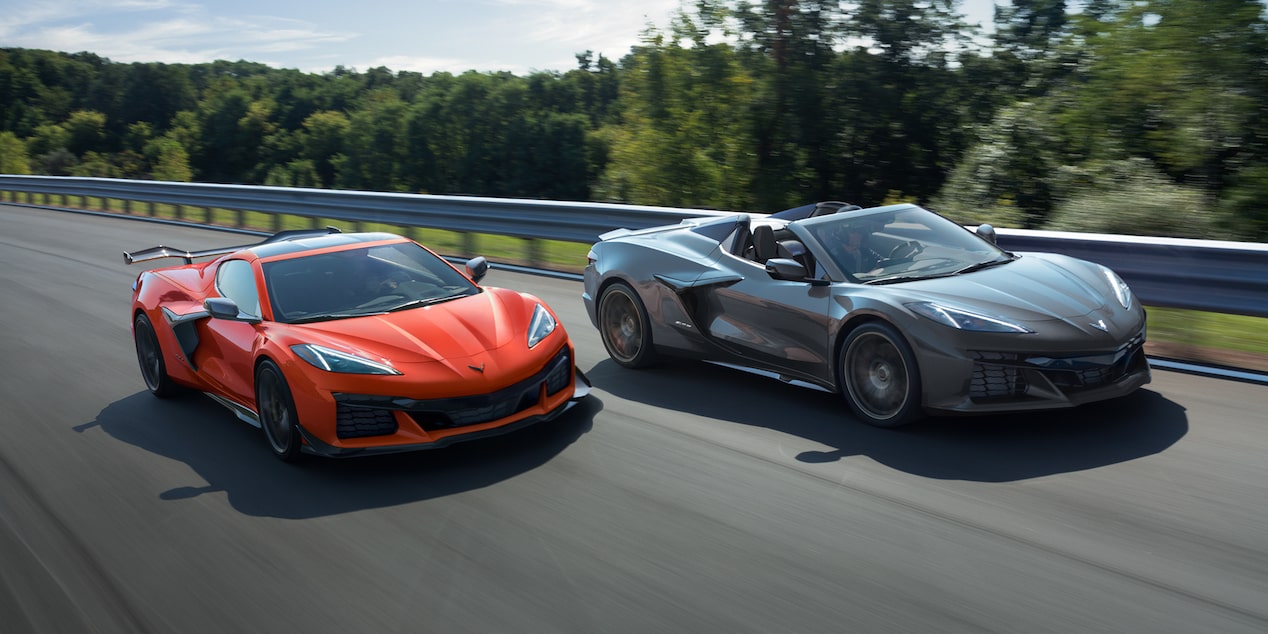
See all Chevy performance offers
You’ll be one step closer to bringing home a Chevy once you explore our performance offers.
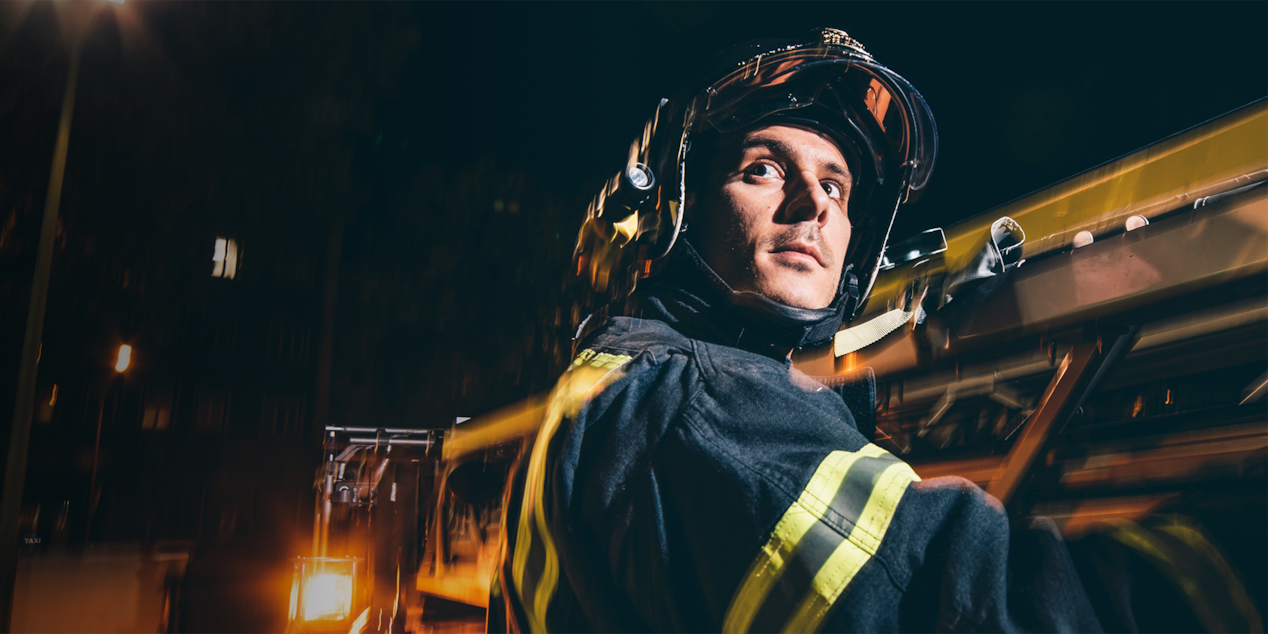
Explore special offers
Learn about our Military, Educator and First Responder offers.
Explore Trucks

















